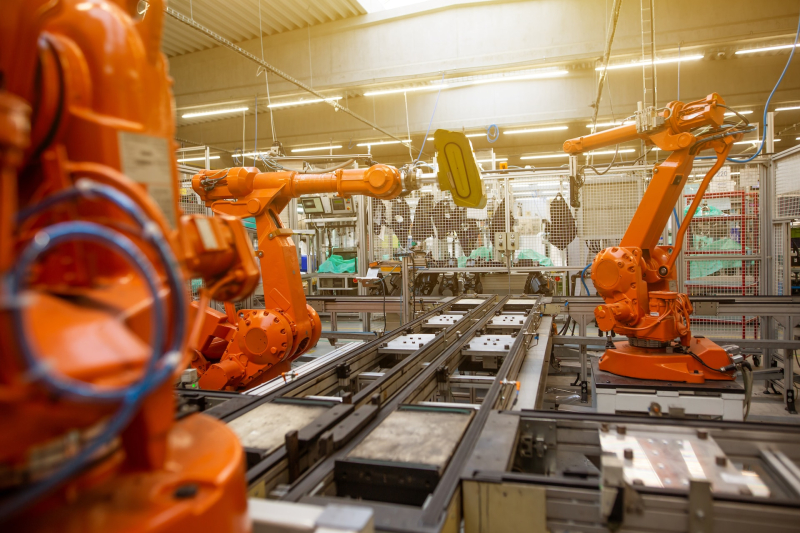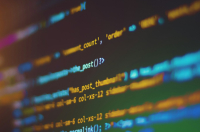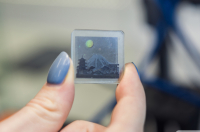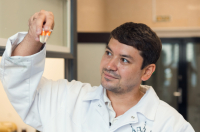Research
It’s always great to hear about AI being used for good – such as in this recent project by researchers from ITMO’s SCAMT Institute, who trained an algorithm to recognize nanoparticles that can target cancer cells. When used in drug delivery systems, such particles can help eliminate tumorous tissue while keeping healthy cells intact. Now, researchers have set their sights on developing similar solutions for bacteria and fungi.
Read more: Researchers Train AI to Identify Anti-Cancer Nanoparticles
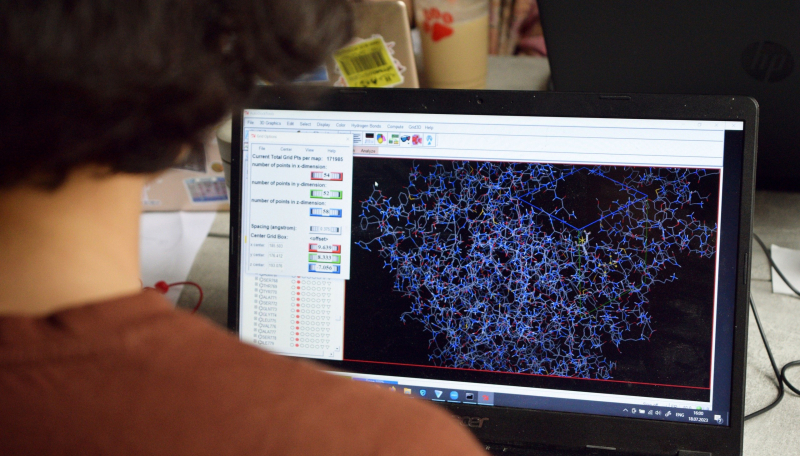
Photo by SCAMT Institute
And in another medical development, ITMO’s laser specialists have come out with a new robotic system that holds great promise for the development of various implants. Using a fiber laser, the system can easily enhance medical implants with antibacterial and biocompatible properties – and even mark them for ease of maintenance. Most handily, the system easily handles custom-made implants based on their 3D models.
Read more: A Multiuse Robot for Medical Applications Designed at ITMO
Between the Higgs boson, the emergence of quantum computing, and the detection of gravitational waves, it’s been quite a few fruitful decades for physics. ITMO.NEWS recently had the chance to listen to physicist Dmitry Pobedinsky and learn about some of the greatest scientific achievements accomplished in our lifetime.
Read more: 6 World-Changing Breakthroughs in Modern Physics
The Nobels
Earlier this month, the laureates of this year’s Nobel Prizes were announced in Sweden. Our reporters were immediately on the case to deliver the essentials about these remarkable scientists.
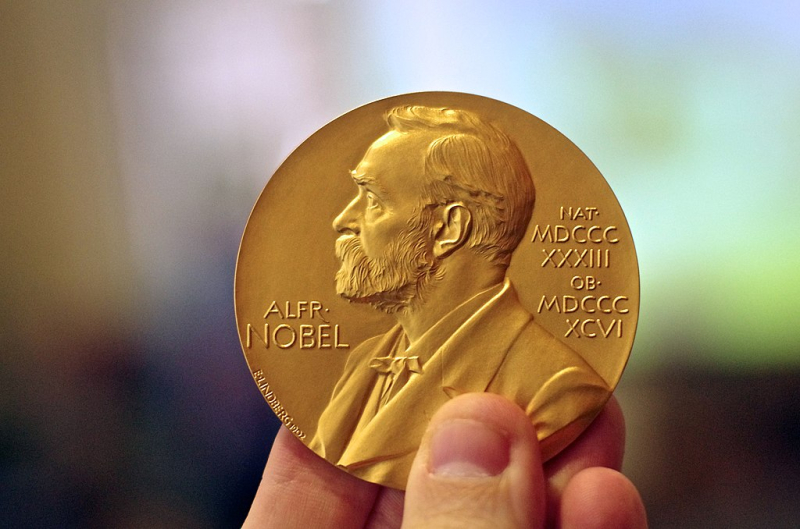
The Nobel Prize in Chemistry. Credit: Adam Baker on flickr.com (CC BY 2.0 DEED)
First up were Katalin Karikó and Drew Weissman, whose work is fresh on our minds: the latest laureates of the Nobel Prize in Physiology or Medicine are, after all, among the many responsible for the timely development of mRNA vaccines against COVID-19. ITMO.NEWS spoke to Prof. Ekaterina Skorb of the ITMO Infochemistry Scientific Center about the significance of the scientists’ accomplishment: Nobel Prize 2023 in Medicine Awarded for mRNA Vaccines: What Does It Mean?
***
Just a day later, the Nobel Prize in Physics was presented to Pierre Agostini, Ferenc Krausz, and Anne L'Huillier, who received it for their work on ultra-short light pulses that have allowed scientists to glance inside the atom. Read our breakdown of their research here: Nobel Prize in Physics 2023 Awarded to Researchers Who Made the Impossible Possible
***
Soon after, the Nobel Prize in Chemistry was awarded to Moungi Bawendi, Louis Brus, and Alexei Ekimov – the researchers responsible for the invention of quantum dots. These miniscule-yet-highly-influential particles are now an integral part of many branches of physics. Read more about their history here: Russian-Born Scientist Receives the 2023 Nobel Prize in Chemistry
